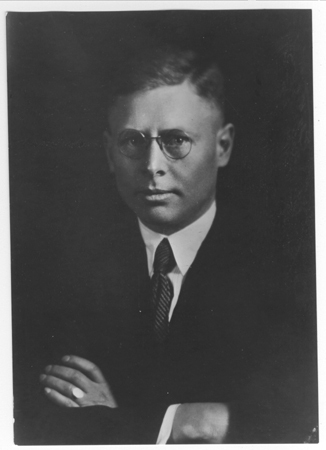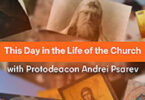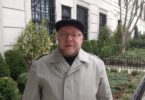The conference of the Russian YMCA wrapped up on this day in Serbia in 1925.
The YMCA began to operate in Russia in 1902, promoting the value of moral, intellectual, and physical development among young people. They funded Russian translations of many books, some of which were contrary to the teachings of the Orthodox Church. However, it would not be fair to say that the YMCA planned to subvert Russian youth and lead them away from Orthodoxy. In 1924, the YMCA began to finance publications of Russian Orthodox literature under the name YMCA-Press. In 1925, the YMCA organized a Russian Youth Conference at the Russian convent of the Lesna Icon of the Mother of God in Hopovo, Serbia. Metropolitan Anthony (Khrapovitskii) wrote about his experience there to Archimandrite Ambrose (Kurganov), the Abbot of the Russian monastery in Milkovo: “The last week, from Thursday, August 28, to Thursday, September 4, I spent at Hopovo Convent at a student conference attended by 100 students and six professors. They sat and listened to lectures all day and served the liturgy and the vigil daily. The tenderness and reverence of the youth struck me. Could one ever have expected to see such a picture after the revolution? They were all, ultimately, representatives of Russian student societies from across Europe. Finally, everyone went to the [sacrament of] confession and took Communion. Glubokovskii [a Russian professor specializing in Bible studies] arrived from Sweden for the last two days and is also delighted with everything he has seen and heard; for the last three or four days, they brought over the miraculous Kursk icon, and then the religious enthusiasm of the young people was mingled with tears of joy…”
In 1926, a split took place in the Russian diaspora. The YMCA Press periodical Put’ [The Way] became a mouthpiece for the professors at St. Serge Theological Institute in Paris, which split off from the Russian bishops in Serbia. Metropolitan Anthony wanted to continue having his works published by YMCA Press. Still, in the same year, the ROCOR Council of Bishops banned Russian Orthodox participation in the YMCA, thus reinforcing the decision of the 1921 All-Diaspora Council regarding the YMCA. Archbishop Feofan of Poltava became Metropolitan Anthony’s principal opponent regarding the issue of the YMCA.
Sources
Pisʹma Blazhenneishego mitr. Antoniia (Khrapovitskogo) [The Letters of his Beatitude Metropolitan Anthony (Khrapovitskii)], Jordanville, NY 1988.
V. Polchaninov, “Vospominaniia o deiatel’nosti Khristianskogo soiuza molodykh liudei v 1946-1951 godakh” [Reminiscences of the Activity of YMCA from 1946–1951], Vestnik tserkovnoi istorii [Russian Church History Bulletin], 3.11 (2008)











